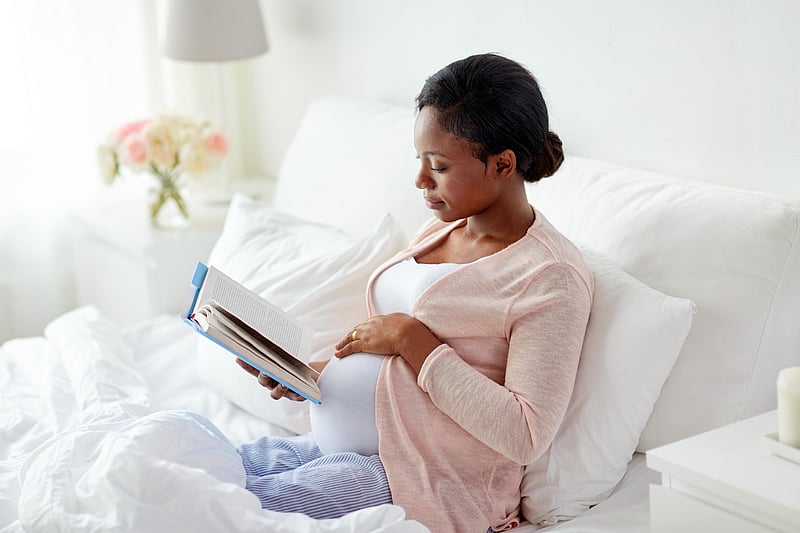Call to schedule your appointment!
Support your immune system with Vitamin D, Zinc, and Vitamin C. We offer a variety of supplement brands and can special order items for next-day delivery!
Are you considering changing your Medicare Drug plan for 2025?
Many plans may not be available in your area, please give us a call to schedule a Medicare Plan Comparison review to make sure you get the best plan for you!
Get Healthy!

- By Robert Preidt HealthDay Reporter
- Posted May 12, 2022
No Link Between Antidepressants in Pregnancy, Epilepsy in Children
There's good news for women with a mental health condition: Taking antidepressants early in pregnancy doesn't increase a baby's risk of having epilepsy or seizures, researchers say.
"The findings of this study are very important," said study co-author Ayesha Sujan of Indiana University Bloomington. "Pregnancy can be a trying time, and the addition of depression, anxiety and other mental health conditions can add to this burden. These findings may provide reassurance to women and their doctors considering the risks and benefits to medication."
For the study, the researchers analyzed data on more than 1.7 million children born in Sweden over 17 years. The investigators identified more than 24,000 children whose mothers took antidepressants during the first trimester of pregnancy.
Antidepressants included medications prescribed to treat anxiety and depression, including selective serotonin reuptake inhibitors (SSRIs) like citalopram (Celexa) and escitalopram (Lexapro), as well as serotonin and norepinephrine reuptake inhibitors (SNRIs). The SNRIs include drugs such as desvenlafaxine (Pristiq) and duloxetine (Cymbalta).
Among more than 1.5 million children followed for one month after birth, 0.12% had neonatal seizures. Among more than 1.3 million children followed for two to 17 years, 0.40% were diagnosed with epilepsy.
Initially, the researchers found that rates of neonatal seizures were slightly higher among babies exposed to antidepressants in the womb: 1.7 per 1,000 infants whose mothers took antidepressants during the first trimester and 1.2 per 1,000 among infants whose mothers didn't take antidepressants.
Rates of epilepsy diagnosis by age 5 were 5.4 per 1,000 among exposed children and 4.1 per 1,000 among unexposed children, according to the study. The results were published online May 11 in the journal Neurology.
But after adjusting for factors in mothers associated with the risk of seizures in newborns - such as age, epilepsy, income and tobacco use - the researchers found no association between antidepressant use by mothers during the first trimester and a child's risk of seizures or epilepsy.
"While several studies have shown a possible link between antidepressant use by mothers during pregnancy and seizures in newborns and toddlers, our study suggested that antidepressant exposure in the first trimester of pregnancy does not increase the risk of seizures and epilepsy in children," Sujan said in a journal news release.
"This could mean that the slightly elevated risk for such seizures documented in previous studies could be due to other factors such as other diseases or tobacco use during pregnancy," Sujan explained.
More information
For more on depression during pregnancy, see the March of Dimes.
SOURCE: Neurology, news release, May 11, 2022







